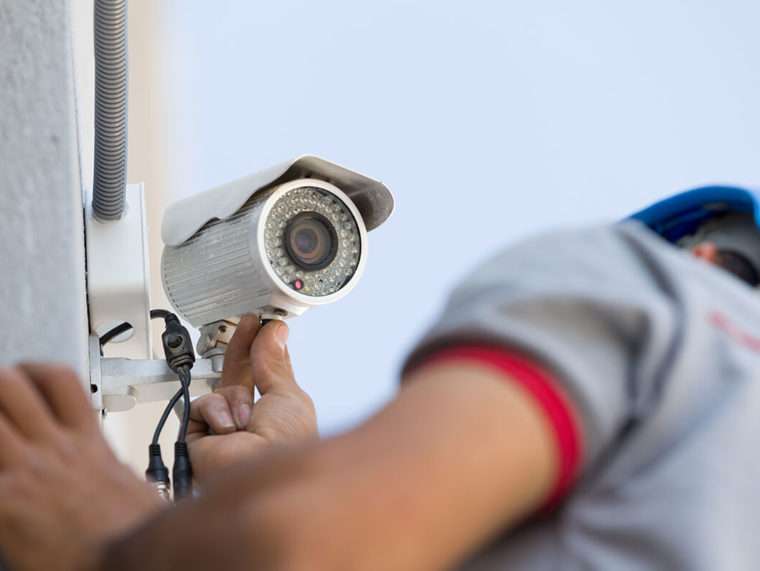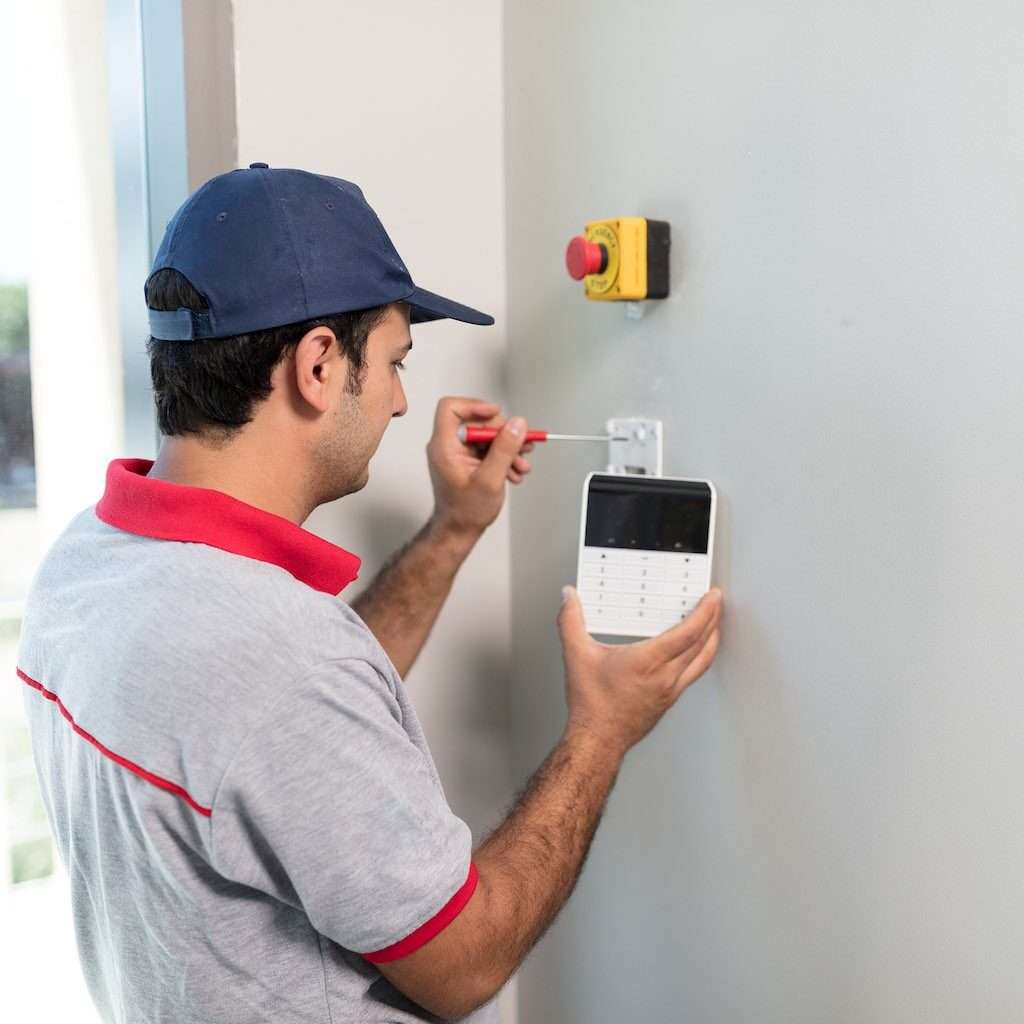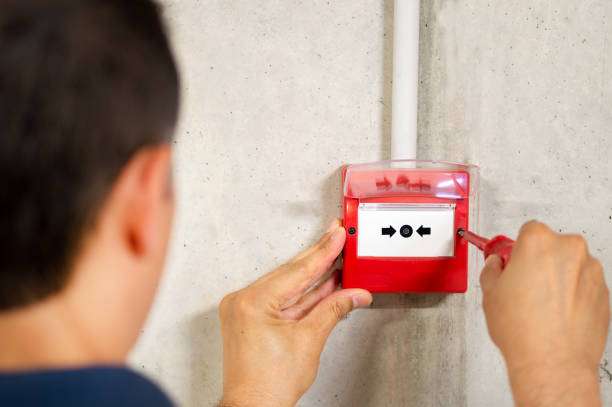
CCTV surveillance systems provide great utility to all types of properties including industrial, public, commercial, and residential. However, these installations are governed by laws to protect people’s privacy. In the UK, the installation of CCTV is subject to various legal requirements that must be adhered to. Here are some of the key considerations:


In the UK, you generally do not need permission to put up CCTV on your property as long as you comply with the legal requirements and guidelines for using CCTV. However, under special circumstances, you may need to obtain permission or notify relevant authorities, such as:
Yes, you can put CCTV outside your house in the United Kingdom as long as you comply with the legal requirements and guidelines for using CCTV. Some things which you should always keep in your mind include the following:
Although it is not mandatory to inform your neighbours of the installation of CCTV on your property, it is regarded as a courteous gesture to do so as a good practice. Informing your neighbours can help to minimize misunderstandings and alleviate privacy concerns.
Additionally, if your CCTV system captures footage of individuals outside your property, you may have a legal obligation to inform them that they are being recorded. This is typically achieved by displaying signs that inform people that CCTV is in operation, as mentioned earlier. The signs should be clearly visible and provide information on the purpose of the CCTV system, the identity of the operator, and contact details for enquiries.
If your CCTV system captures footage of a communal area, such as a shared driveway or alleyway, you may need to consult with your neighbours or obtain their consent before installing the system. In some cases, involving a mediator or seeking legal advice may be necessary to resolve any disputes or concerns.
In summary, while there is no legal requirement to inform your neighbours about your CCTV system, it is generally considered good practice to do so as a courtesy. Additionally, if your CCTV system captures footage of individuals outside of your property, you must ensure that appropriate signage is displayed to inform people that CCTV is in operation.
Tenants in the UK may be able to install CCTV cameras on the property they are renting, but they must obtain permission from their landlord or property manager before doing so. This is because tenants are not the legal owners of the property, and any changes or modifications to the property, including the installation of CCTV, must be approved by the landlord.
If the landlord agrees to the installation of CCTV, the tenant must ensure that the system is installed in compliance with legal requirements and guidelines for the use of CCTV. This includes ensuring that the cameras do not infringe on the privacy of others and that any footage is stored and used in compliance with data protection laws.
Additionally, tenants should ensure that they do not damage the property during the CCTV system installation and remove the system when vacating the property.
Tenants need to discuss the installation of CCTV with their landlord or property manager before proceeding to avoid any misunderstandings or disputes. If the landlord does not agree to install CCTV, the tenant may need to seek alternative security measures or find another rental property that meets their security needs.
When installing CCTV cameras, it is essential to ensure that they are positioned in a way that minimizes intrusion into the privacy of others. Here are some guidelines on where to point CCTV cameras:
Specific Threats: If you have specific security concerns, such as vandalism or burglary, you may wish to position CCTV cameras in areas more vulnerable to these threats, such as windows or doors